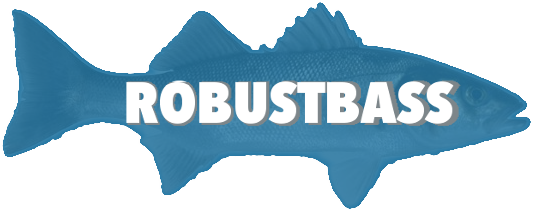
UMR ISEM is a leading French laboratory in eco-evolutionary biology, sponsored by different national research agencies such as the CNRS, IRD, EPHE and Cirad, and based at the University of Montpellier. It presently gathers about 170 people involved in activities spanning from paleontology to genomics, including genomics of marine organisms. It especially groups several scientists with relevant experience in genetic and transcriptomic analyses on different fish species with the collective ambition of understanding genetic determinants of phenotypic characters that define fitness in wild and cultured fish and modulate the response of fish to their environment, including stressors that may affect their physiology. If various marine fish species are investigated, the European sea bass is the main fish species concerned by research investigation in population genetics/genomics at UMRISEM, because of its importance in aquaculture and in the Mediterranean fisheries. In coordination with other local labs, UMR ISEM headed the development of a scientific environment dedicated to ‘omics’. UMR ISEM hosts the GenSeq (‘Genotyping and Sequencing’) facilities that provides resources for high-throughput genomics/transcriptomics, including a benchmark robot for library preparation, a necessary step for leading ‘omics’ projects requiring high numbers of samples. This facility guarantees the traceability and the quality of working processes. UMR ISEM also hosts a large cluster computing facility with a suite of dedicated bioinformatics tools (some of them accessible for the community through the MBB ‘Montpellier Bioinformatique et Biodiversite’; http://mbb.univmontp2.fr/MBB/index.php). This facility guarantees every steps of data processing of the huge data sets generated in high throughput transcriptomic/genomic programs.
Scientists involved:
Dr. Bruno Guinand is an Associate Professor at the University of Montpellier, France. He is an evolutionary biologist with skills in population genetics/genomics and in gene expression variation. He is interested in the study of the mechanisms of adaptation – including selection in both wild and cultured fish species using ‘omics’, and how specific genotypes translate to different phenotypes with different fitness. He recently contributed to the sea bass genome annotation (EUFP6, Marine Genomics Europe program) thanks to the high-throughput transcriptomic data generated in the RegulBass project funded by the French National Research Agency (ANR). He’s participating as a task leader to two new ANR programs interested in, respectively: (i) comparing the variation in individual feed efficiency in three leading species in aquaculture: sea bass, Nile tilapia, and rainbow trout, and (ii) the understanding of adaptation to salinity variation in the sea bass, one “euryhaline” species possibly composed of specialist phenotypes exploiting different niches. He continues to be involved in population genetics/genomics studies investigating the spatial and/or temporal genetic structure of marine fish (e.g., sea bream, sea bass), and he is currently the co-supervisor of a PhD candidate (20152017) on the conservation genomics of the brown trout (Salmo trutta) by means of high throughput sequencing technologies (ddRADseq).
Dr. Erick Desmarais is a Research Engineer in UMR5554 – Montpellier Institute for Evolutionary Sciences, University of Montpellier, France, since 1993. He is member of the Team Evolution des Poissons and Head of the Genotyping and Sequencing Facilities labelled by the Laboratory of Excellence: Centre Méditerranéen de l’Environnement et de la Biodiversité. He has strong expertise in Evolutionary Biology, molecular analysis of the Biodiversity and Genomics of non-model species. Pioneer in the use of PCR and sequencing data for the analysis of biodiversity during his thesis. Since then, developing and using molecular tools for many projects aiming at deciphering the phylogenetic relationship between species or analyzing the genetic structure of populations. Focus now on the integration of genomic and functional analyses in the study of the adaptation of natural populations of fishes to their environment. He has participated to the release of the sea bass complete genome sequence: major implication in the production of a reliable gene model used for the annotation of the genes along the LG. Last, he supervised 6 PhD (co-supervisor) and 9 Master students, and has published 55 articles in peer reviewed international journals.
Madoka Krick (MSc) i is a research professional and she received her MSc in Evolutionary Biology and Ecology from the University of Konstanz, Germany. After her graduation she spent 1 ½ years in the laboratory of Louis Bernatchez at the University of Laval, Canada. Her research was focused on how epigenetic modifications (in particular DNA methylation) could play a role in the continuing divergence between two sympatrically occurring ecotypes of North American Lake Whitefish (Coregonus clupeaformis). Her responsibilities within the Robustbass project lie in conducting the essential lab work, the application and optimization of protocols (in particular epiGBS to investigate epigenetic patterns in sea bass) and the preliminary analyses of the obtained data.


